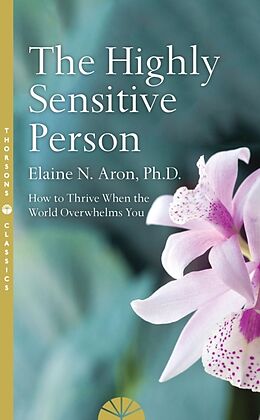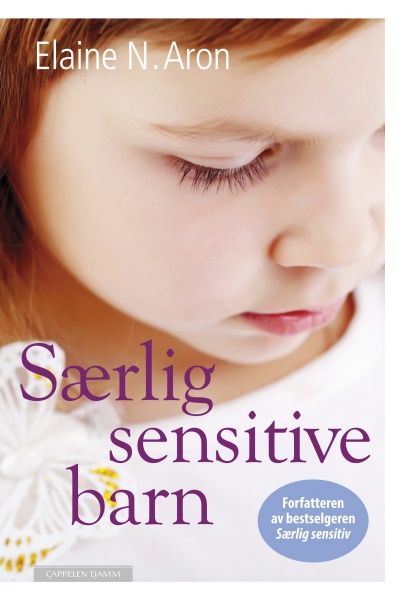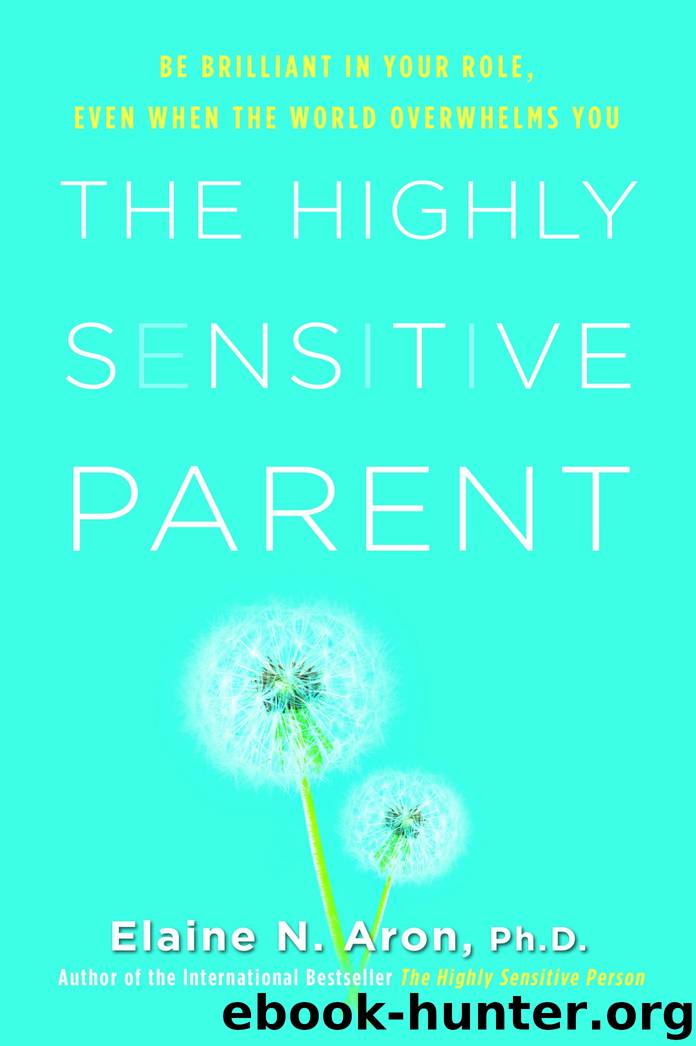


Then the nonsensitive control the profession even more. Sensitive people are discounted, have less influence, suffer, or quit. But, increasingly, sensitive persons are being nudged out of all these fields due to what seems to be a cycle that starts with the nonsensitive moving aggressively into decision-making roles, where they, quite naturally due to their temperaments, devalue cautious decision making, emphasize short-term profits or flashy results assertively presented over a quieter concern for consistent quality and long-term consequences, and do not need and so eliminate calm work environments and reasonable work schedules. “Traditionally, sensitive people have been the scientists, counselors, theologians, historians, lawyers, doctors, nurses, teachers, and artists (for example, at one time sensitive people naturally became their town’s schoolmaster or -mistress, preacher, or family doctor). The Highly Sensitive Child: Helping Our Children Thrive When the World Overwhelms Them You may emphasize the long-term impact-that is usually the adult viewpoint-but do not fail to acknowledge the other side, too.” You can help clarify her reasons for doing and not doing-in the case of homework, the fatigue, boredom, or other interests versus the long-term life consequences of not doing it. She wants to be helpful and does not want to. She wants to do the homework and does not want to do it.

In fact, at this age, most or all of the conflicts should be within the HSC. Your goal is for your child to become independent and self-motivated, so that he does homework because it benefits his long-term goals, not because others have insisted on it.

HSCs need to pay attention to these details, asking if necessary, rather than relying on their often keen but sometimes wrong intuition about what they think is expected. But give up this responsibility as soon as possible. “About homework: Be highly available to give any kind of assistance, and stay involved for the first few years to see that things are done properly and handed in on time.


 0 kommentar(er)
0 kommentar(er)
